Bat Creek or Tumalau, as the local Amerindians refer to the area, is a black-water tributary of the white waters of the Rupununi River; its source is from a small drainage system in the northern foothills of the Kanuku Mountains.
This is a remote fishing destination, and, due to its hidden nature, rarely accessed by sport fishers. The forest and lakes here are incredibly rich in biodiversity and are traditional breeding grounds for several species of game fish including butterfly peacock bass, arowana, pyara also known as the ‘vampire fish’, piranha, catfish and himara, a large and fearsome toothy opponent. Bat Creek is also home to the arapaima, the largest scaled freshwater fish in the world.
Bat Creek runs into the Rupununi River, and after winding through 10 miles of low canopy forest, the creek flows into a series of lagoons. Fishing is done in these lagoons as well as in the creek. Camp is struck on a bank overlooking the creek.
Besides the excellent fishing, there is always a chance for great wildlife sightings including Squirrel, Howler, Capuchin and Bearded Saki monkeys. More impressive are the large Black Caiman that patrol the banks (they can grow to more than 15 feet in length), along with Giant River otters. Birdlife is extremely diverse, and include Jabiru storks, wood storks, boat billed herons, and several species of macaws and parrots.
On this trip, you will depart Georgetown on an afternoon flight, to overnight at Rock View lodge. On day 2, you will depart Rock View and drive to meet the Rupununi River as the sun’s rays warm the savannahs. You will then switch to boat and travel down the Rupununi River, with coffee and breakfast.
As animal activity is highest at dawn and dusk, keep an eye on the riverbanks for birds and animals. By midmorning and 30 miles later, you will meet Bat Creek mouth. Now the fun begins as the boat travels up the shallow and narrow creek. Guests may have to duck under branches and vines and at times jump out the boat to help pull over the shallow spots. After lunch, you could start fishing the lagoons, and you may want to strike camp early afternoon. Fish the golden hours until sunset and return to camp.
On day 3, wake at daybreak for coffee and then fish the lakes and creek whilst the sun rises. Fish the many hotspots throughout the day or escape the hottest part of the day by relaxing in a hammock. Fish again in afternoon and return to camp for local style dinner: barbecued fish caught by your own hand. Night fishing with bait for large catfish is an option if the fishers aren’t too tired from catching fish all day.

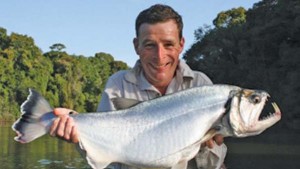
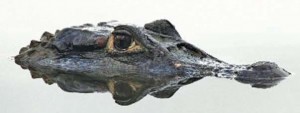
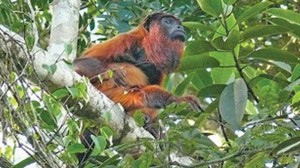
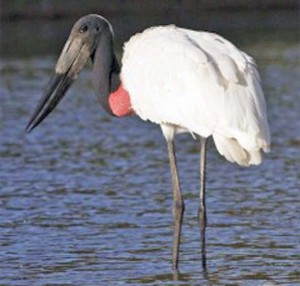
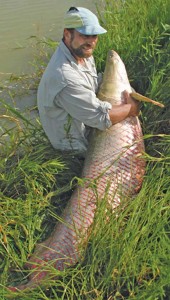

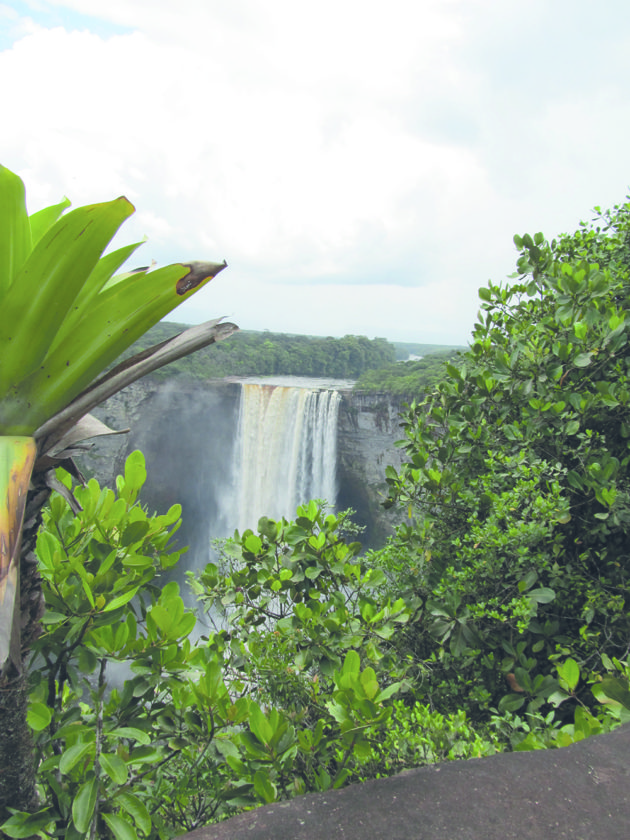
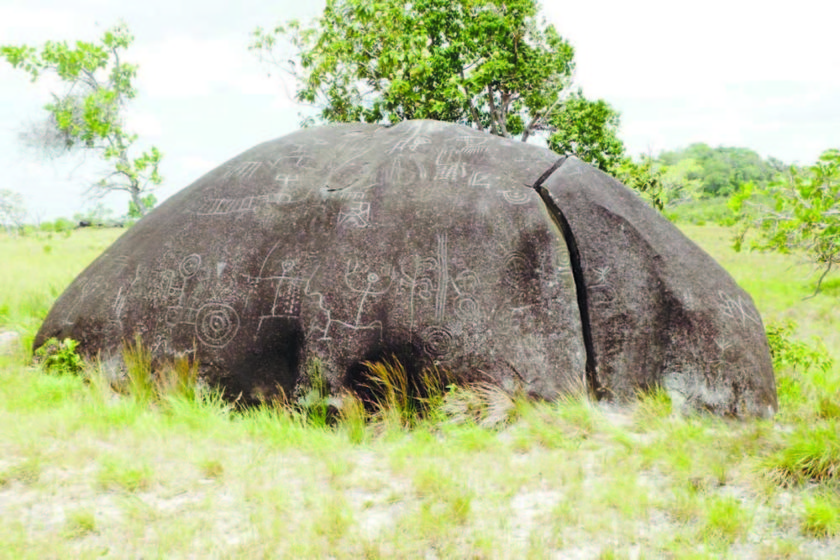
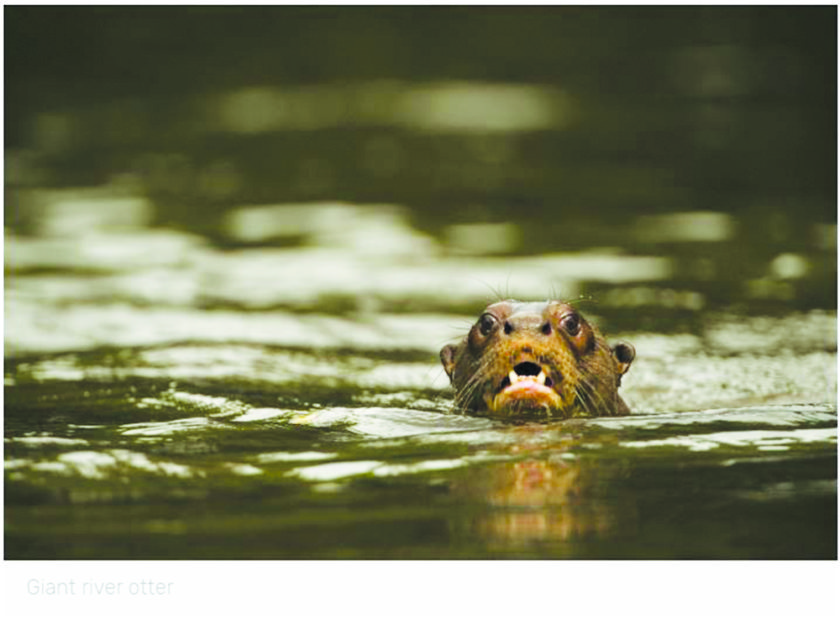
Comments are closed.